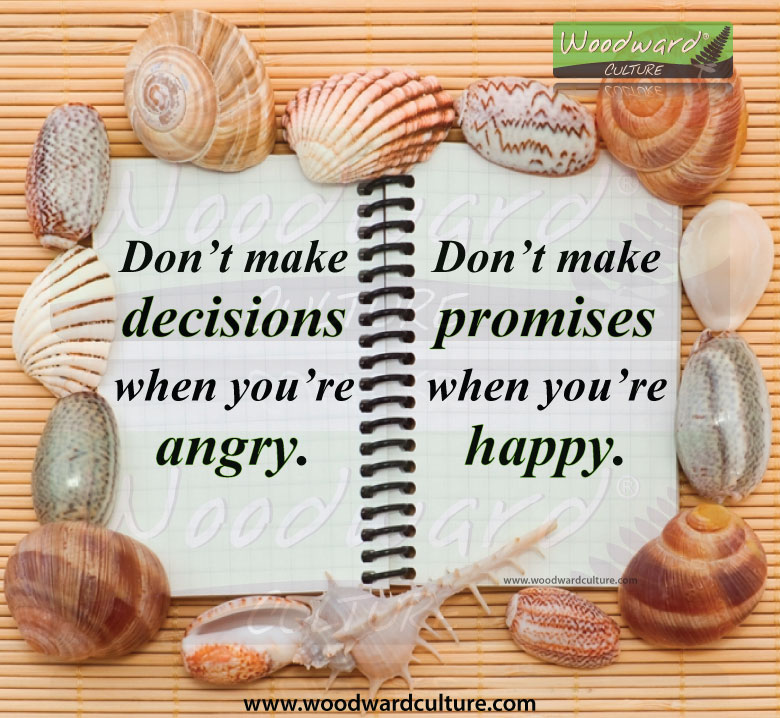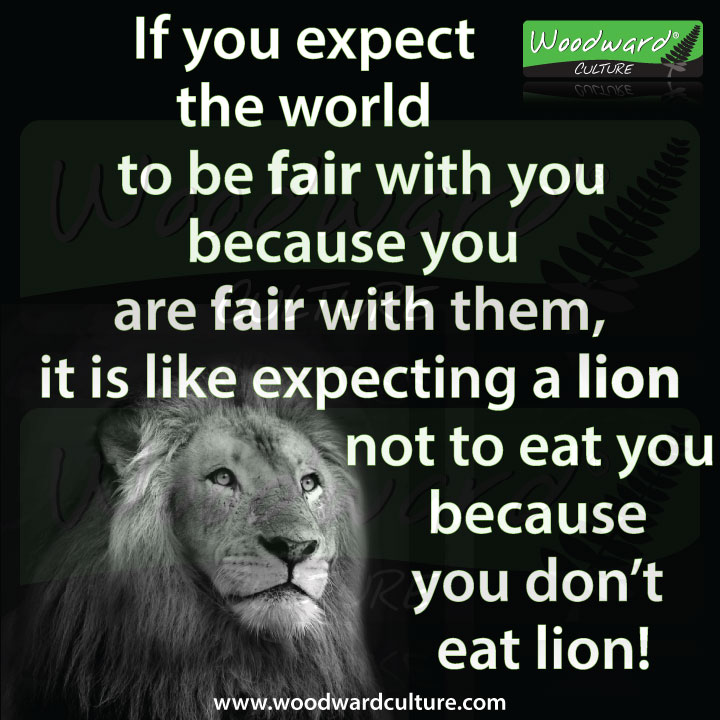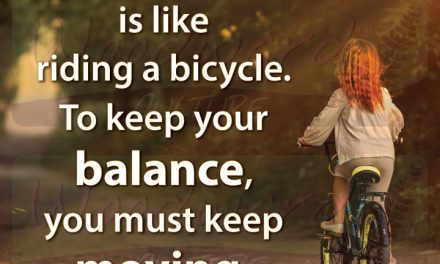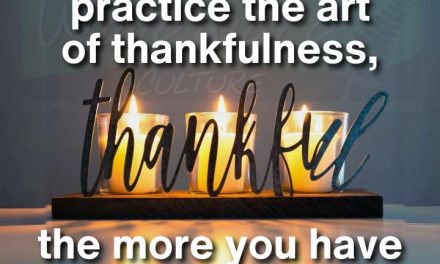
Don’t make decisions when you’re angry.
Don’t make promises when you’re happy.
It is easy to get carried away by our emotions.
When you are angry, you normally only think of the negatives things and don’t have a clear picture of the situation that is causing you to feel that way.
While, when you are happy, it is easy to make promises because you think everything in the world is possible and that life will always be good.
You can easy make the wrong decision based on your current emotions.
Before making any important decision, pause … give yourself time to think.
When making a promise think… can you realistically fulfill it?
And when you’re angry, will my decision have negative repercussions or cause problems?
This quote imparts timeless wisdom about emotional intelligence and the significance of making decisions and commitments with a clear and balanced mind. It can be dissected into two crucial pieces of advice:
1. “Don’t make decisions when you’re angry.”
Acting in the heat of anger often leads to impulsive, irrational decisions. Anger can cloud judgment, making it difficult to assess situations objectively. Decisions made in anger are frequently driven by raw emotion rather than logic and reason. Such decisions may later be regretted, as they might not align with our true values and intentions. Taking a step back, allowing emotions to subside, and then evaluating the situation can result in more thoughtful and sound decisions.
2. “Don’t make promises when you’re happy.”
Happiness can create a euphoric state where we might overcommit or promise things without fully considering the implications. In these moments, we might be more generous, optimistic, or impulsive than usual. While positive emotions are essential for a fulfilling life, decisions made solely in a state of happiness may lack the necessary pragmatism. It’s essential to ensure that promises made in moments of joy are realistic, achievable, and sustainable in the long run.
By combining these pieces of advice, this quote advocates for emotional balance and mindfulness in decision-making. It highlights the importance of self-awareness, urging individuals to recognize their emotional states and refrain from making significant choices or commitments impulsively. Instead, it encourages us to wait until we are in a calmer, more composed state of mind, where we can weigh the pros and cons rationally and assess the potential impact of our decisions.
In essence, it underscores the value of emotional intelligence and self-control. It reminds us that our emotions, whether negative or positive, can influence our judgment, and being aware of this influence allows us to make more thoughtful, responsible, and considered decisions and promises, ultimately contributing to healthier relationships and a more balanced life.
Have you ever made a bad decision when you were angry?
Have you ever made a promise that you couldn’t keep?
















